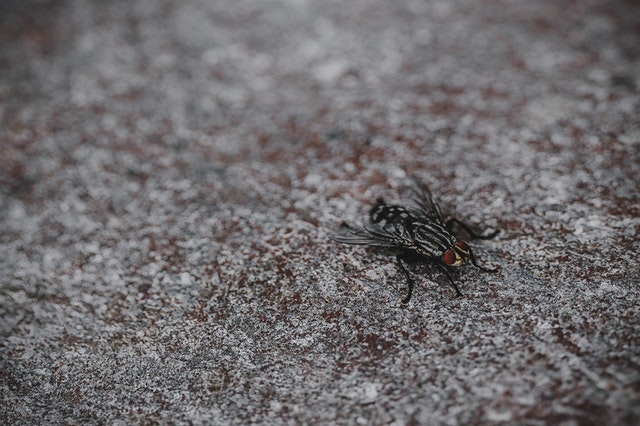Okay, let's break down the translation for "美中不足" (měi zhōng bù zú).
"Original Phrase:"
美中不足 (měi zhōng bù zú)
"美 (měi):" Beauty, good, fine
"中 (zhōng):" In the middle, among
"不足 (bù zú):" Not enough, lacking, shortcoming
"Literal Translation:" "Not enough amidst beauty" or "Shortcoming within the fine."
"Meaning:" It refers to a minor drawback, flaw, or imperfection in something that is otherwise good, excellent, or pleasing. It's something that makes the overall situation less than perfect, but usually not a major issue.
"English Equivalents:"
"A minor shortcoming" (This is often the most direct and versatile translation)
"A small flaw"
"A blemish"
"An imperfection"
"The only drawback"
"The one thing lacking" (Slightly more formal)
"Not perfect, but..." (Often used in descriptive phrases)
"Usage Example:"
"中文:" 这个项目很成功,但预算稍微有点超支,可以说是"美中不足"。
"English:" The project was very successful, but the budget went slightly over, which was "a minor shortcoming"

Photo by eberhard grossgasteiger from Pexels
“美中不足”,字面意思是“beautiful yet incomplete”,指总的方面虽然很好,但局部不够完善,有缺陷(a flaw in an apparently perfect thing)。与英文俗语“fly in the ointment”意思相近,表示“a flaw or imperfection that detracts from something positive;a drawback or detrimental factor”。
例句:
你的新工作听起来实在太好了——工作有趣味,待遇高,时间短。有什么美中不足的地方吗?
Your new job sounds too good to be true -- interesting work, high pay, short hours. Isn't there any fly in the ointment?
这个原本完美的婚礼上唯一美中不足的就是新娘走在过道上时绊倒了。
The only fly in the ointment in an otherwise perfect wedding day was the fact that the bride tripped when walking down the aisle.
Editor: Jade
来源:chinadaily.com.cn

